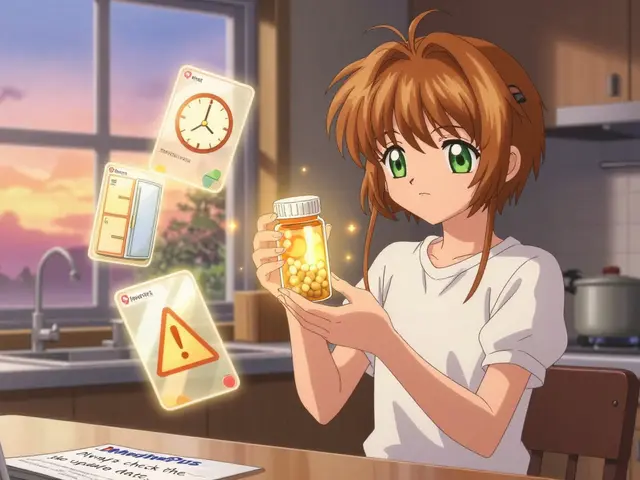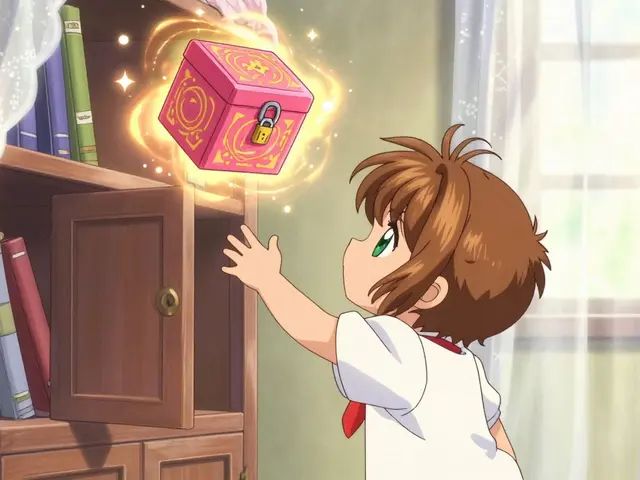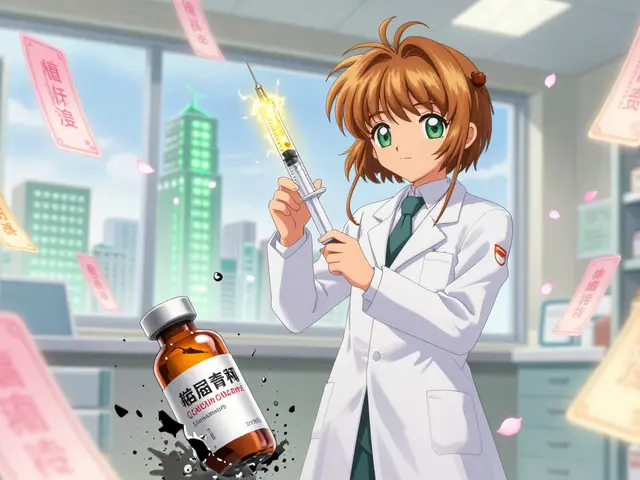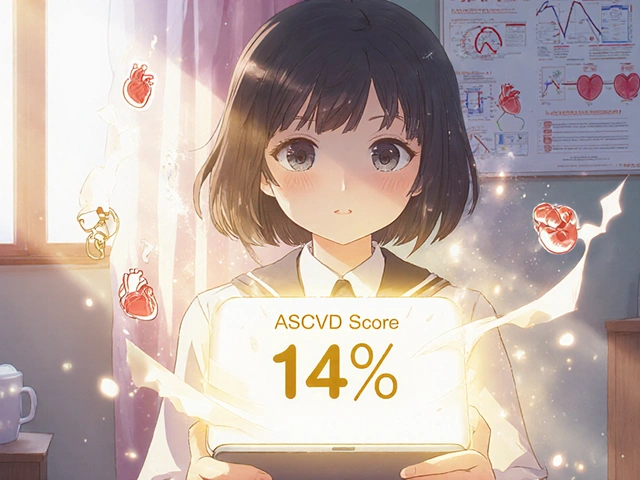Bipolar Disorder: What You Need to Know
Bipolar disorder is more than just mood swings. It’s a medical condition that causes extreme shifts in a person's mood, energy, and activity levels. You might feel on top of the world one day and deeply low the next. These ups and downs aren’t just occasional bad days—they can seriously affect your daily life.
The symptoms come in two main forms: mania (or hypomania, which is a less intense form) and depression. During a manic phase, you might feel super energetic, confident, or even irritable. On the flip side, the depressive phase can drain you, making simple tasks overwhelming and leaving you feeling hopeless.
Why Treatment Matters
Getting the right treatment is key to managing bipolar disorder. Doctors often recommend a mix of medication and therapy. Mood stabilizers and sometimes antipsychotic meds help balance those intense mood swings. But medicine alone isn’t the whole picture—talk therapy provides strategies to handle stress and spot early warning signs of mood changes.
Living with bipolar disorder means having a game plan for your daily routines. Sticking to a regular sleep schedule can help prevent mood swings. Keeping track of your moods in a journal or with a smartphone app is super useful — it helps you and your doctor notice patterns and make better treatment choices.
Simple Daily Tips That Can Help
Besides medication and therapy, there are practical things you can do every day to feel more balanced. Avoiding alcohol and recreational drugs is a big one—they can trigger episodes or interfere with your meds. Also, setting small, manageable goals each day can improve your mood and reduce stress.
Getting support from friends, family, or support groups can make a big difference too. Feeling understood and not alone in this journey gives you strength and motivation. Remember, bipolar disorder is a challenge but with the right tools and support, it's possible to lead a fulfilling life.
If you think you or someone you know might have bipolar disorder, talking to a healthcare professional is the first step. Early diagnosis and treatment set the stage for better management and improved quality of life.
Can you heal permanently from bipolar disorder?
Bipolar disorder can be a challenging and life-altering condition, but it doesn't have to be a permanent one. With the right treatment and support, people with bipolar disorder can heal and even lead healthy and productive lives. With a combination of medications, psychotherapy, lifestyle changes, and emotional support, individuals are able to manage their symptoms and gain control of their lives. Additionally, building healthy habits such as exercising regularly, eating a balanced diet, getting enough sleep, and staying organized can help individuals with bipolar disorder lead a more stabilized life. With the right approach, it is possible to heal from bipolar disorder and live a healthy and fulfilling life.
Why do bipolar disorder patients have to take daily medication?
Bipolar disorder is a serious mental illness that can have severe consequences if left untreated. Patients with this condition experience extreme mood swings, from periods of mania to periods of deep depression. To help manage their symptoms, bipolar disorder patients are often prescribed daily medication. This medication helps to regulate their moods, allowing them to stay in a more stable state. Medication also helps to reduce the risk of episodes of mania or depression, which can be both dangerous and debilitating. Taking daily medication is an important part of managing bipolar disorder and can help patients live a more balanced life.
Do people with bipolar disorder get startled easily?
Bipolar disorder is a mental health condition that affects an individual's mood and energy levels. People with bipolar disorder can experience a range of different emotions, including extreme highs and lows. It is believed that people with bipolar disorder may be more sensitive to loud noises or sudden changes in the environment, which can lead to a startle response. Further research is needed to better understand the startle response in people with bipolar disorder, as well as possible ways to manage it.
Is indecisiveness a symptom of bipolar disorder?
Indecisiveness can be a symptom of bipolar disorder, a mental health condition that causes unusual shifts in mood and energy levels. People with bipolar disorder may find it difficult to make decisions, especially when they are in a manic or hypomanic phase. Other symptoms associated with bipolar disorder, such as depression, anxiety, irritability, and poor concentration, can also make it difficult to make decisions. It is important to seek help from a mental health professional if you are having difficulty making decisions and think you may have bipolar disorder. Treatment may include medication, therapy, and lifestyle changes to help manage symptoms.














